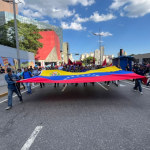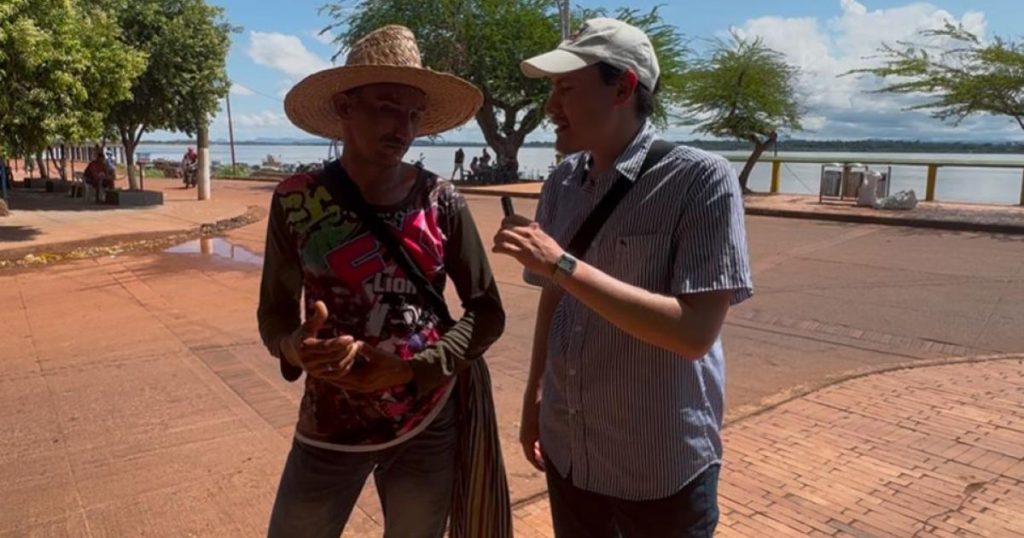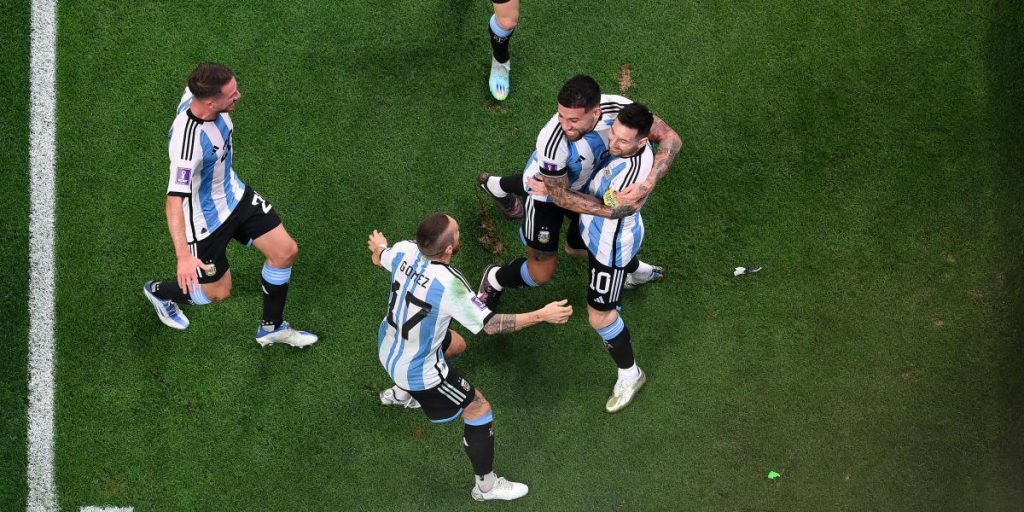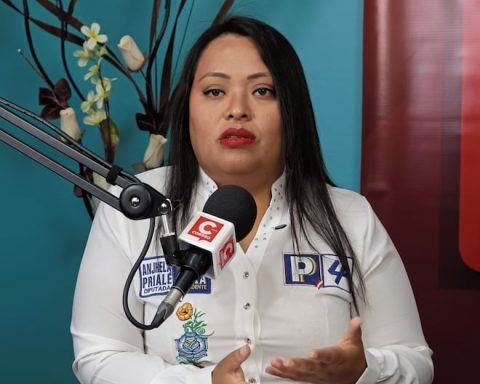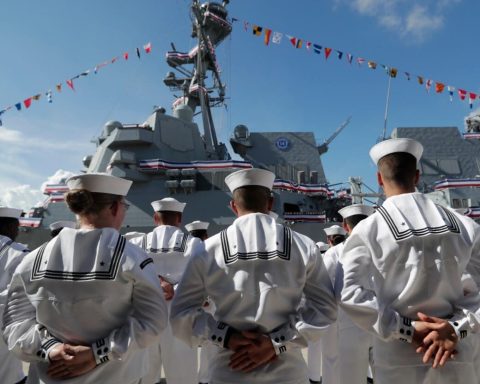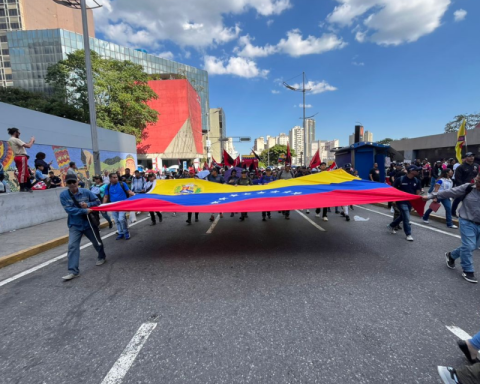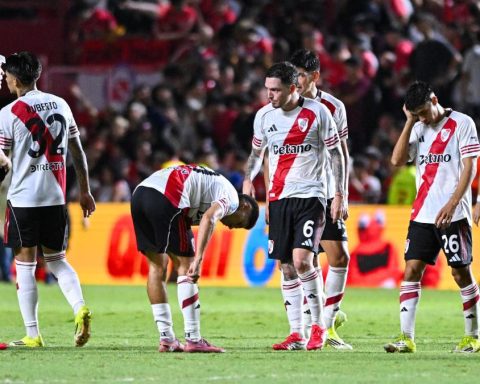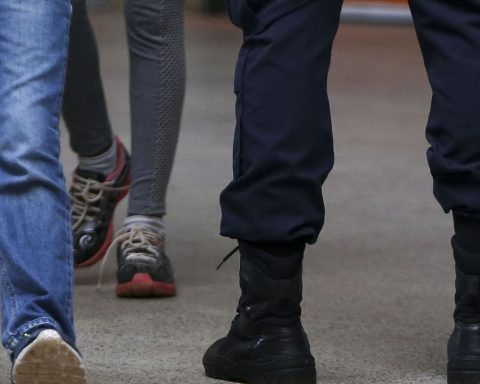November 23, 2024, 4:00 AM
November 23, 2024, 4:00 AM
Pucamayu was until recently a small and unknown peasant community located in Villa Tunari, in the tropics of Cochabamba, – where the presence of the State does not seem to exist as in so many other places, – and on November 12, the atrocious murder of five people was allegedly perpetrated by some still unidentified locals. Among them were two women mothers and among the men a former soldier from the Bolivian Army and another from the Air Force, as well as a taxi driver. Regarding the first of them, the unconfirmed version circulates that, after being caught after fleeing, he was forced to dig his own grave and was buried alive. Such was the horrendous end of his existence for not having delivered a pair of FAL rifles for which he had received Bs 27,000 from his captors.
The other victims were brutally tortured before each receiving a gunshot to the head and later being burned and buried in a mass grave discovered by the Police, who also managed to capture one of the perpetrators, as confessed, of the slaughter. Three other probable suspects have already been identified and four arrest warrants have been issued for other suspects.
A commission of prosecutors is investigating the incident initially linked to an unusual movement of weapons that, according to the Vice Minister of the Interior Regime, Jhonny Aguilera, would have occurred between that area and the town of Parotani, about 40 kilometers from the capital of the Valley, where The road blockade carried out for 24 days by factions related to former president and coca leader Evo Morales became stronger. Between October 25 and November 1, violent clashes with police forces occurred, including the use of explosives that caused serious injuries to more than twenty uniformed personnel and journalists displaced to cover the news in their media.
On Morales’ side, the senator and also coca leader Leonardo Loza, strictly denied the existence of a relationship between the deaths in Pucamayu with alleged arms trafficking to implement and reinforce the roadblocks by Evism. He also disqualified the investigations into what happened and attributed them to a theatrical ‘script’ put together by Luis Arce’s government to overshadow the figure of the former president, when he is determined to be a candidate again in next year’s general elections, although a constitutional ruling has ratified his impediment.
For his part, former deputy Amilcar Barral has linked the murders to ‘settling scores’ in the style of drug trafficking mafias, due to the irregular purchase of weapons for military use during road blockades and considers it necessary to investigate the source of financing for these actions. It has also been reported that the mayors of Chapare municipalities will be summoned to testify about multiple crimes and probable arms trafficking in the conflictive region.
Despite an official silence that makes a lot of ‘noise’, it is imperative that the investigations advance towards the complete clarification of the chilling events in Pucamayu. They cannot remain, like so many other cases, unresolved and shrouded in a nebula. The testimony offered by one of the bloodthirsty authors can decisively contribute to the search for the historical truth of the facts that is urgently needed to be found.







